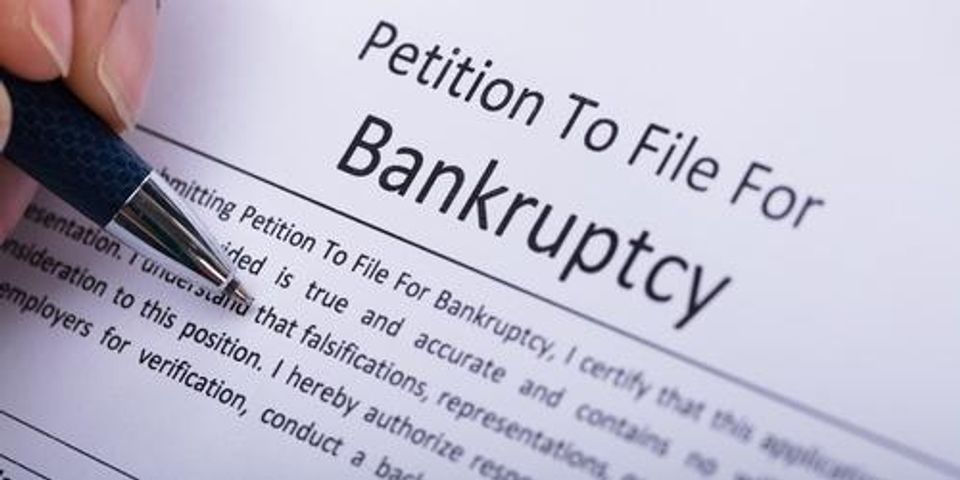3 Details to Know When Filing Bankruptcy While Running a Business

If you're running a business and need to file bankruptcy, you likely want to know how the decision will impact your company. You may have viable options for continuing the business or shuttering it, depending on your goals. Before you move forward, however, it’s helpful to learn some important facts about filing bankruptcy.
What to Know When Filing Bankruptcy & Running a Business
1. Consider Your Business & Its Future
Is your business generating enough money? This is one of the primary questions to ask yourself as a business owner if you’re thinking about bankruptcy. If your company is making a profit and only encountering financial challenges due to temporary problems, such as a sluggish economy, explore ways of filing bankruptcy that allow you to keep your doors open. If your firm is regularly losing money and not making a consistent profit, and the causes are unrelated to impermanent factors like a slow season, you may want to find a bankruptcy solution that helps you effectively close the business.
2. Take Into Account Your Business Structure
Your business structure may shield you from personal liability. If you own a limited liability company (LLC), for instance, your business and personal finances are separate, and a creditor can't go after personal assets in to satisfy company debts. In this scenario, bankruptcy is less of a personal risk. For those who don't have any kind of liability protection, keeping the business running while you work with your creditors will prevent them from coming after your assets.
3. Understand the Differences Between Bankruptcy Types
As you think carefully about filing bankruptcy, understand the different filing types available. Chapter 7 bankruptcy, in which your debts are eliminated by the courts, is available only to individuals and is most helpful for sole proprietors wishing to close down their businesses. Chapter 13 bankruptcy, in which your debts are renegotiated and paid back over an extended period, is also only available to individuals but is better suited to sole proprietors with significant nonexempt assets. The goal of Chapter 13 is to let you hang onto those assets while repaying what you owe.
Chapter 11 bankruptcy works on the same general principle as Chapter 13, but it is an option reserved just for business filers. It allows you to renegotiate the terms of your loans so you can realistically repay what you owe without the burden of having to sell assets.
Discover more about the relationship between filing bankruptcy and your business by contacting the Law Office of James B. Mallory III. For almost three decades, Attorney Mallory has been representing Statesville, NC, clients in all aspects of bankruptcy. He will help you decide the best course of action for the company and guide you through the process. Call (704) 872-1911 or visit him online to schedule a free consultation.
About the Business
Have a question? Ask the experts!
Send your question

